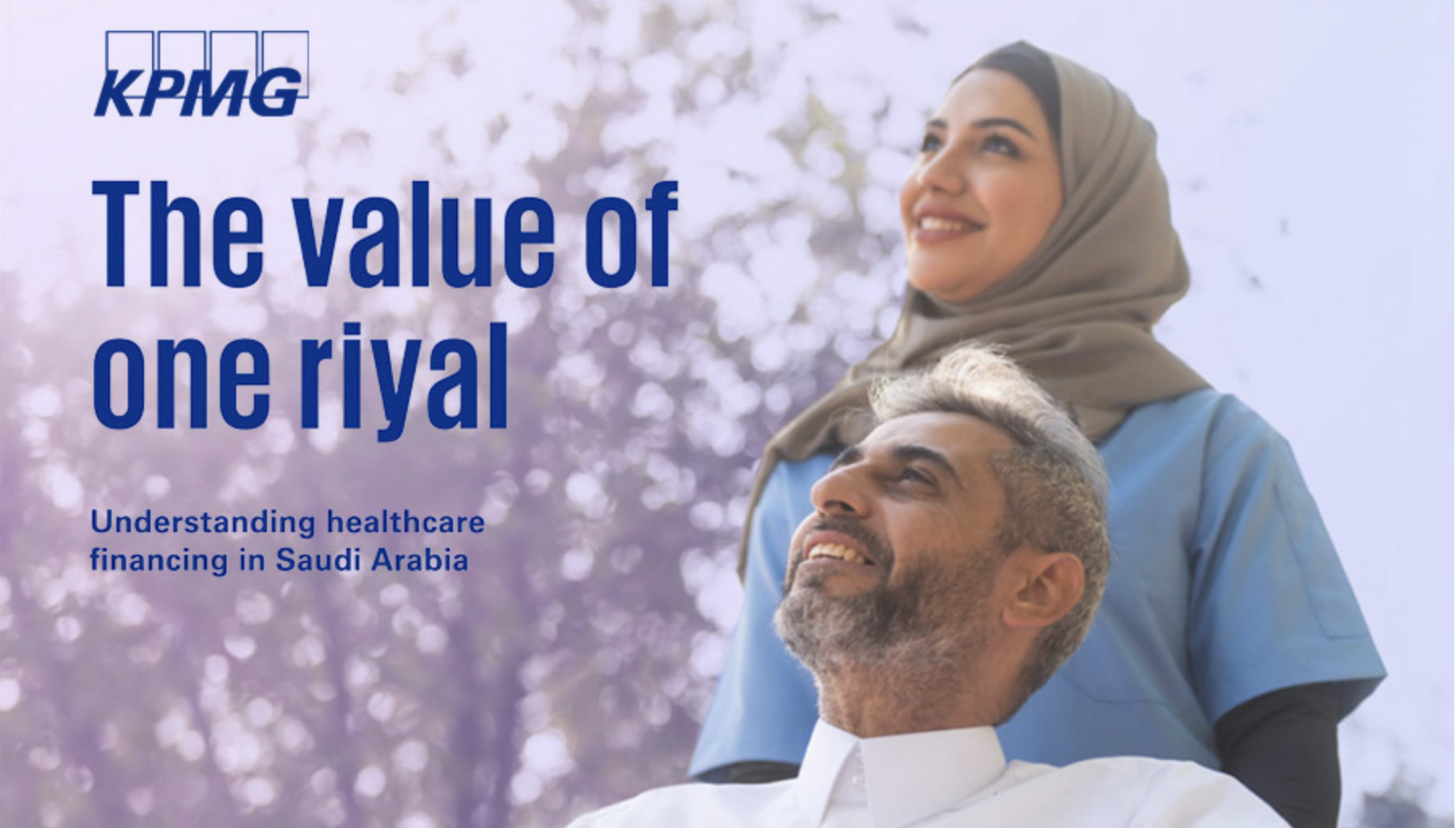KPMG’s market study, “Understanding healthcare financing in Saudi Arabia,” examines the Kingdom’s healthcare financing structure and the trends influencing expenditure patterns. Saudi Arabia’s healthcare spending surged from SAR 22.8 billion in 2007 to nearly SAR 80 billion in 2021, driven by factors like a growing and aging population, chronic disease prevalence, and heightened demand for healthcare services. While government contributions made up the majority of spending, their share declined from 72% in 2000 to 62% before the Covid-19 pandemic.
The report highlights significant advancements in Saudi Arabia’s healthcare system, which includes roughly 250 public hospitals and specialized facilities, resulting in improvements in patient satisfaction, healthcare quality, medical infrastructure, and the adoption of advanced technologies. However, as the population continues to grow and age, the demand for services intensifies, straining financial resources. KPMG emphasizes the need for innovative financial models to ensure long-term sustainability while maintaining high care standards.
One suggested approach is adopting intelligent technology in areas like patient outcomes and healthcare operations. Technologies such as AI and digital health solutions can enhance access to healthcare and facilitate data-driven decision-making, allowing providers to allocate resources more effectively. Additionally, the report notes the potential for cost savings through preventive healthcare technologies, like telemedicine and continuous monitoring, showing a five-fold return on investment by preventing chronic diseases.
KPMG advocates for implementing value-based healthcare, which ties reimbursements to health outcomes rather than service volume. This model promotes efficiency, better care coordination, and a focus on preventive measures that can reduce the burden of chronic illnesses.
The study also highlights the need to broaden access to affordable healthcare, particularly for low-income individuals and those with chronic conditions. Currently, out-of-pocket health expenditure constitutes a notable portion of total spending, primarily on medications and physician visits. KPMG recommends expanding insurance coverage and controlling pharmaceutical costs to alleviate the financial burden.
Finally, the report underscores the importance of public-private partnerships, predicting that private sector participation in healthcare could rise to 65% by 2030. These collaborations are crucial for enhancing infrastructure and resources to meet the Kingdom’s healthcare demands while promoting economic growth.


